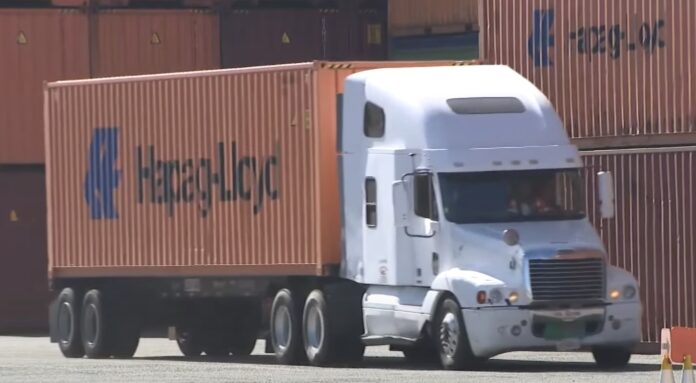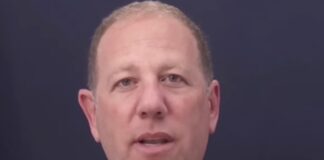Trucking industry representatives are criticizing the Biden administration’s new greenhouse gas emissions standards for heavy-duty vehicles.
The EPA rules, which will progressively mandate higher percentages of zero-emissions trucks through 2032, are aimed at reducing emissions.
However, the Owner-Operator Independent Drivers Association argues the standards do not consider operational challenges faced by truckers.
“This office in the White House is completely not listening to the trucker or the end user or the buyer. They just want to do what the extreme environmentalists want,” Independent Drivers Association (OOIDA) board member Lewie Pugh said.
The group noted a lack of charging infrastructure in many areas and higher costs, which could put many small businesses out of business.
Critics question where the funding will come from given the highway trust fund is already underfunded.
“And what it’s going to do is put lots and lots of truckers out of business.”
“Where are we going to charge them? That’s my first question,” Pugh said. “There was a company in Juliet, Illinois, that was going to put a terminal in for 30 trucks. The city said, ‘you can’t do it. You’re going to use more electricity than the entire city of Juliet, Illinois.'”
Critics also warn of safety risks if battery-powered trucks break down in remote areas during harsh weather.
While the EPA says the rules will avoid billions in climate damages, the trucking industry argues the agency did not adequately consider the perspectives of operators in setting standards they view as unrealistic.
“Our highway trust fund that would pay for stuff like this is already on the brink of going bankrupt. Where is the money going to come from?” Pugh said. “We can’t take care of our infrastructure that we have now, and we’re going to put all this stuff in and then hope it works?”
“[We’re] all saying, there’s no way this is going to work. We can’t do it. They’re concerned about their lives and their livelihood,” Pugh said. “What happens in the wintertime? You get stuck in a snow blizzard along the highway for two or three days and your battery goes, these people could freeze to death and die.”


